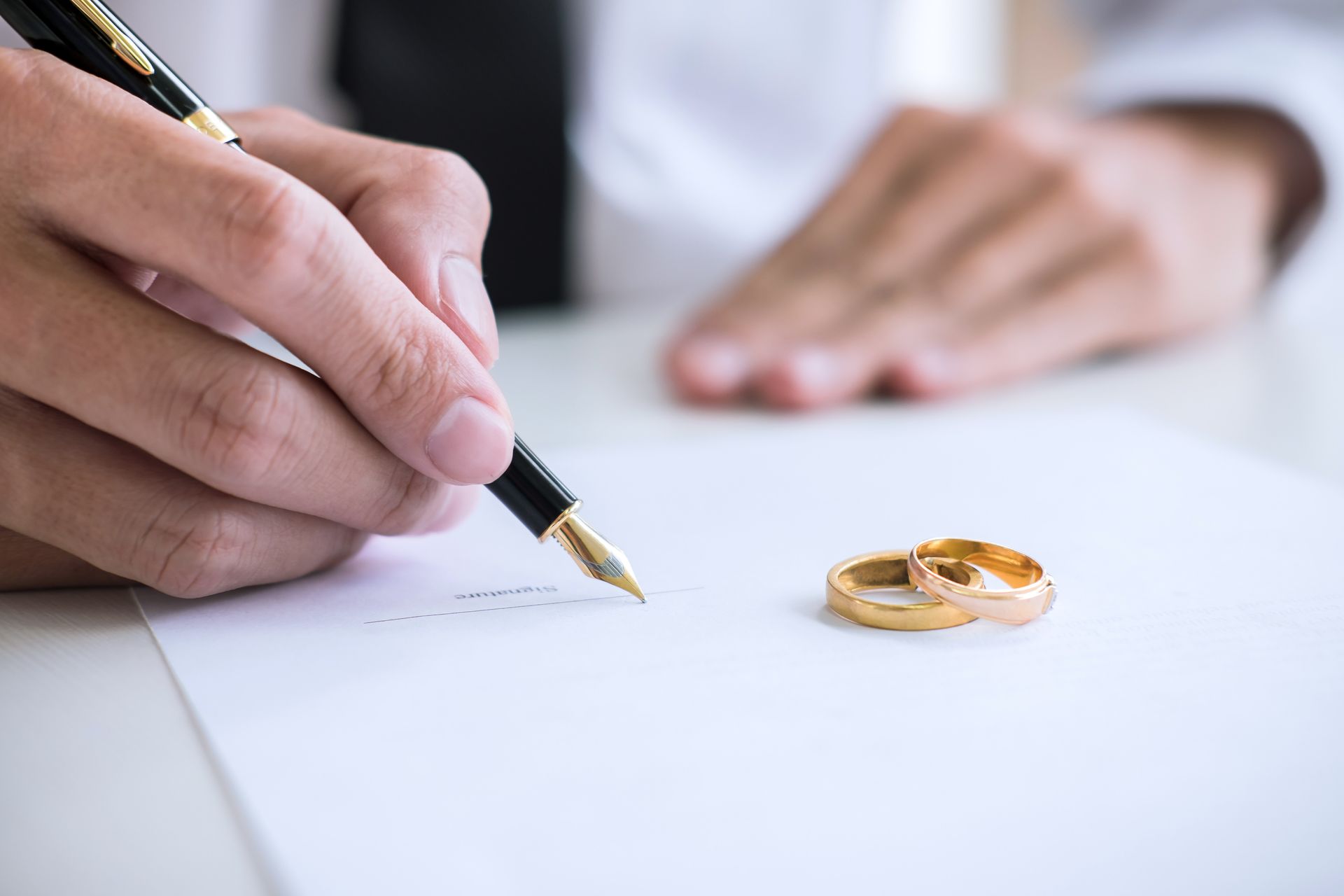Contact Us
Phone: 407-849-7072
Location
630 North Wymore Rd
Suite 330
Maitland, FL 32751
Hours
- Mon - Thu
- -
- Friday
- -
- Sat - Sun
- Closed
Call Now: 407-849-7072
What Happens to Debt when You Get Divorced
Divorce can be a long and difficult process. You’ll need to make decisions about a number of financial issues, including debt that you took on jointly with your spouse. Unfortunately, when going through a divorce, loans are rarely split up the way we expect them to be. Take these steps to protect yourself from future troubles down the road.
Divorce Agreement vs. Loan Agreement
First, be aware that anything you agree to during divorce is not necessarily agreed to by your lenders. One spouse is frequently responsible for repaying certain loans after divorce (even joint debt, such as a car loan applied for by both partners). But that just means they’re supposed to take care of the debt – they might not follow through and make payments.
If your name is on a loan – as a borrower or co-signer – you’re completely responsible for the debt from the lender’s perspective. It doesn’t matter if your former spouse agreed to handle the debt, your credit is at risk if anybody defaults. This means your responsible for late fees and collection costs.
Lenders typically won’t even know that you got divorced and honestly don’t care. In other words, your ex might be responsible for the “debt,” but you’re still 100% in charge of the “loan” or the “account” until it’s taken care of.
Protecting Your Credit
There are only two ways to keep your credit safe after divorce:
-
Get your name off the loan
-
Make sure the lender gets paid
Hire a certified attorney for more information about protecting your credit.
Removing Yourself From Loans
We recommend seperating yourself from shared loans that your ex is supposed to repay. Even if you trust your ex completely, the worst could happen…meaning they could die or become disabled temporarily, and the debt would be back on your shoulders.
Get a New Loan
The best approach is to pay off any loans in both of your names and replace them with loans in one person’s name.
Liquidate Assets
It may not be a good time to sell, however, selling whatever you owe money on can eliminate financial stress down the road. You and your ex can split the proceeds evenly and help avoid any unpaid burdens.
Don’t Assume Anything
Don’t just assume your debts are being paid off. It’s important to be proactive during a divorce to properly manage your debts. As long as your name is on the debt, you are still 100% responsible. Don’t put your name on the line by assuming your debt is paid off. Monitor your accounts regularly and keep in contact with your lenders so you can avoid defaulting on loans.
Legal Action
There’s always the chance you may need to take legal action if you’re ex isn’t paying their share or cooperating. However, the alternatives above are listed to eliminate legal action. Read the full article, What Happens to Debt When You Get Divorced by Justin Pritchard for more information about dealing with debt and divorce.
If you need to take legal action against a non-paying ex-spouse contact David Veliz at Veliz Katz Law today.
Schedule a Case Evaluation
Contact us now!
Practice Areas
Family Law
Probate Law
Estate Planning Law
Hours
- Mon - Thu
- -
- Friday
- -
- Sat - Sun
- Closed
Disclaimer: The information on this website is for general information purposes only. Nothing on this site should be taken as legal advice for any individual case or situation. This information is not intended to create, and receipt or viewing does not constitute an attorney-client relationship.
© Copyright 2024 | All Rights Reserved | Veliz Katz Law | Powered By Convert It Marketing | Privacy Policy | Terms of Use | Accessibility Statement











-1920w.jpg)
-1920w.jpg)
